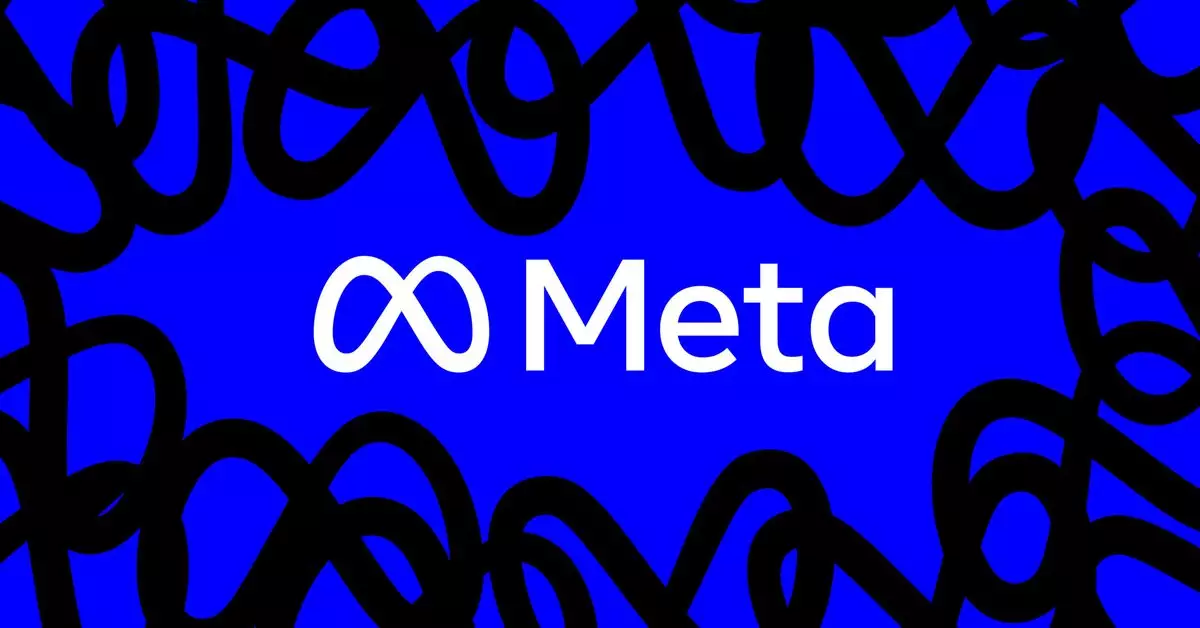In today’s interconnected world, the ramifications of online content are more pronounced than ever. The prevalence of graphic content depicting self-harm and suicide poses an urgent public health concern, especially among vulnerable populations. The psychological impact of encountering distressing images or narratives can exacerbate mental health issues, leading to a cycle that afflicts users with feelings of isolation and despair. Recognizing this critical challenge, leading social media platforms including Meta, Snap, and TikTok have initiated a collaboration to develop a robust program called Thrive, aimed at mitigating the spread of harmful content across their networks.
Thrive represents a significant step towards collaborative responsibility in curbing the dissemination of hazardous material. This program facilitates the sharing of “signals” among participating companies to swiftly alert one another of violating content. Built in partnership with the Mental Health Coalition, Thrive not only aims to eradicate damaging content but also to promote open dialogue about mental health without stigmatization. By establishing a secure infrastructure for the exchange of identifying signals, the initiative mirrors the technology employed in the Lantern program, which focuses on combating child abuse online. Such collaborative networks constitute a promising trend in prioritizing user safety over mere content moderation.
Balancing Freedom and Responsibility
Meta, as a key player in this initiative, acknowledges the vital balance between protecting users from harmful content and allowing discourse surrounding mental health issues. The company has claimed it actively intervenes with millions of pieces of self-harm and suicide-related content on a quarterly basis. Notably, Meta emphasizes maintaining an environment where individuals can share their stories of struggle, provided those discussions do not venture into graphic territory or promote self-destructive behavior. However, this balancing act raises an essential question about the efficacy and transparency of content moderation protocols, sparking discussions on user rights versus platform responsibility.
In conjunction with these preventive measures, it is paramount to increase awareness about available mental health resources. Organizations like the Crisis Text Line and the Trevor Project provide essential support for those grappling with suicidal thoughts or mental distress. Establishing direct connections between digital platforms and mental health services can empower individuals to seek help promptly while also acknowledging the influence of social media on their emotional well-being. The implementation of Thrive is a crucial first step, yet it must be complemented with broader educational initiatives to destigmatize mental health discussions and provide individuals with practical assistance.
Looking Forward: Towards a Healthier Digital Environment
As the digital landscape continues to evolve, tackling the critical issues of self-harm and suicide content remains an ever-present challenge. Thrive’s launch is a significant advancement in the mental health dialogue among major technology companies, signaling a commitment to user safety and well-being. However, ongoing efforts will be required to refine these initiatives continuously, ensuring they adapt to the complexities of digital communication. By fostering a supportive online community and facilitating access to mental health resources, society can work together to transform the online experience into a healthier space for all users.

